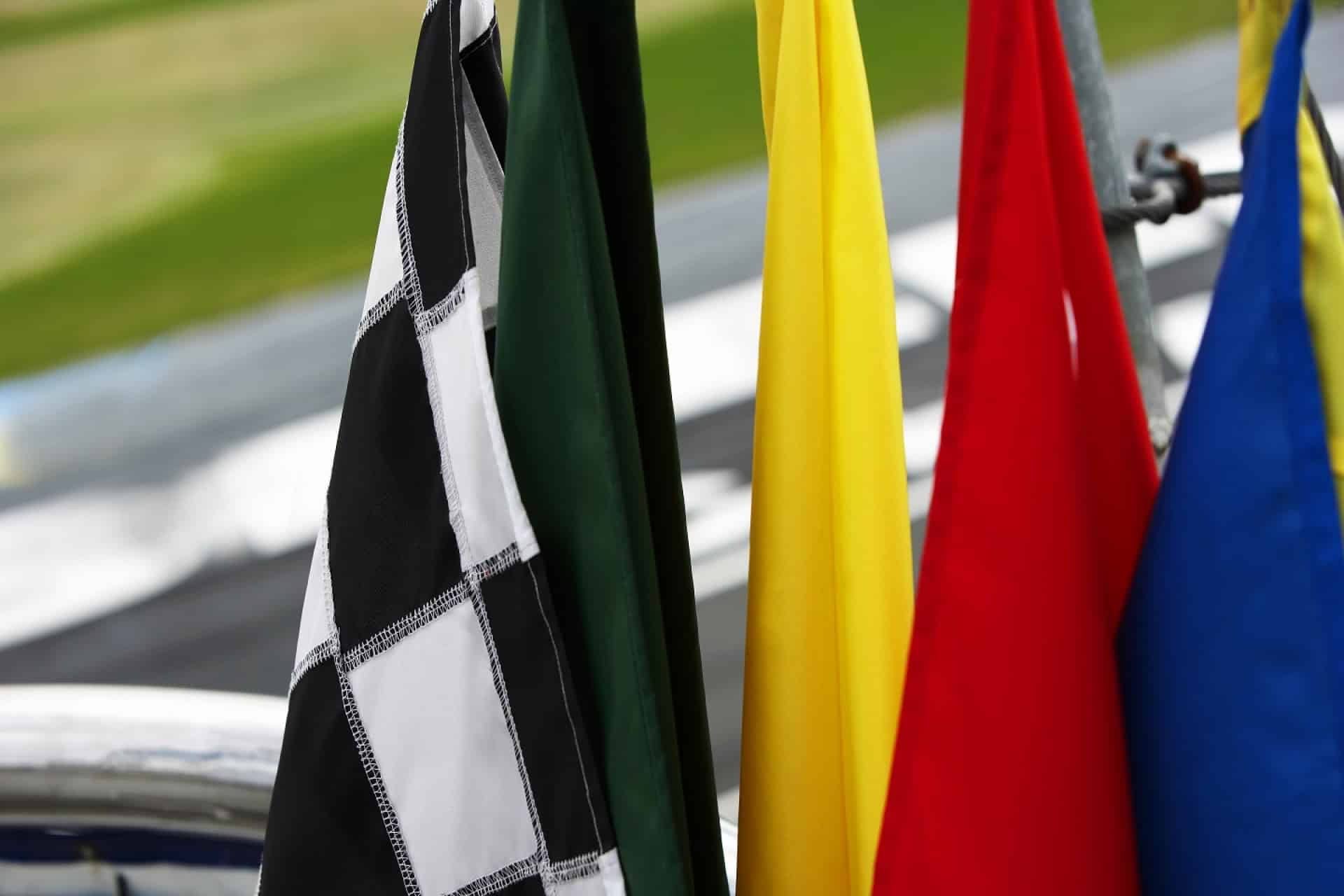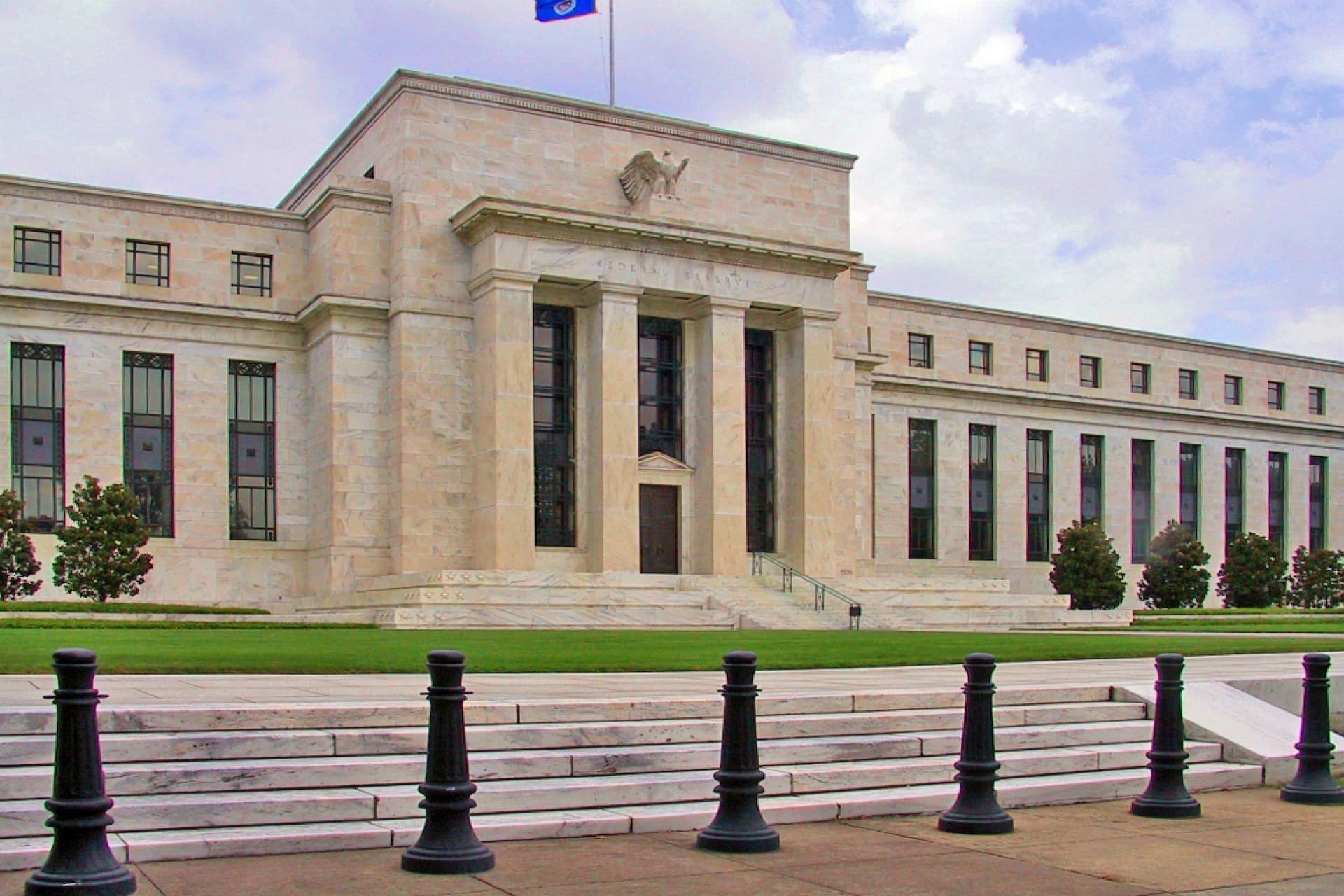
Enjoy Exclusive Miami Grand Prix with Sapphire Reserve
The Miami Grand Prix is returning and Chase is giving Sapphire Reserve cardmembers a chance to enjoy exclusive perks at the track.

The Miami Grand Prix is returning and Chase is giving Sapphire Reserve cardmembers a chance to enjoy exclusive perks at the track.

EEEEEATSCON Chicago is coming soon, with presale tickets. available through May 15, 2024. This edition of EEEEEATSCON looks to be the best:

Eligible Citi cardholders can now transfer their Citi ThankYou Points to Accor and receive 50% bonus points for a limited time.

Chase and IHG have new limited time offers on the IHG One Rewards credit cards. Here’s what those bonuses are and how to earn even more!

The latest edition of Chase Sapphire’s EEEEEATSCON LA is here. Find out all about the upcoming food festival right here:

Chase is further extending its Pay Yourself Back program by adding a new charitable partner: Make-a-Wish.

Earn up to $750 back and get 10% bonus on your first year’s cash back with an eligible Chase checking account with the Ink Business Cash.

The Federal Reserve’s FOMC has paused rate hikes once again this year. This means your credit card APR should stay the same for now. Get all the details here.

The Marriott Bonvoy Boundless credit card is offering a huge 5 Free Nights after meeting spend requirements. Learn more here:

Chase has announced Q2 rewards for its cash back calendar. Find out where you can earn 5% back.

Last minute Valentine’s gift idea? Chase is offering a Companion pass with its Southwest credit cards. Let your loved one fly free. More:

For Black History Month, United Airlines, and Chase are teaming up to inspire MileagePlus cardmembers to donate to select charities.